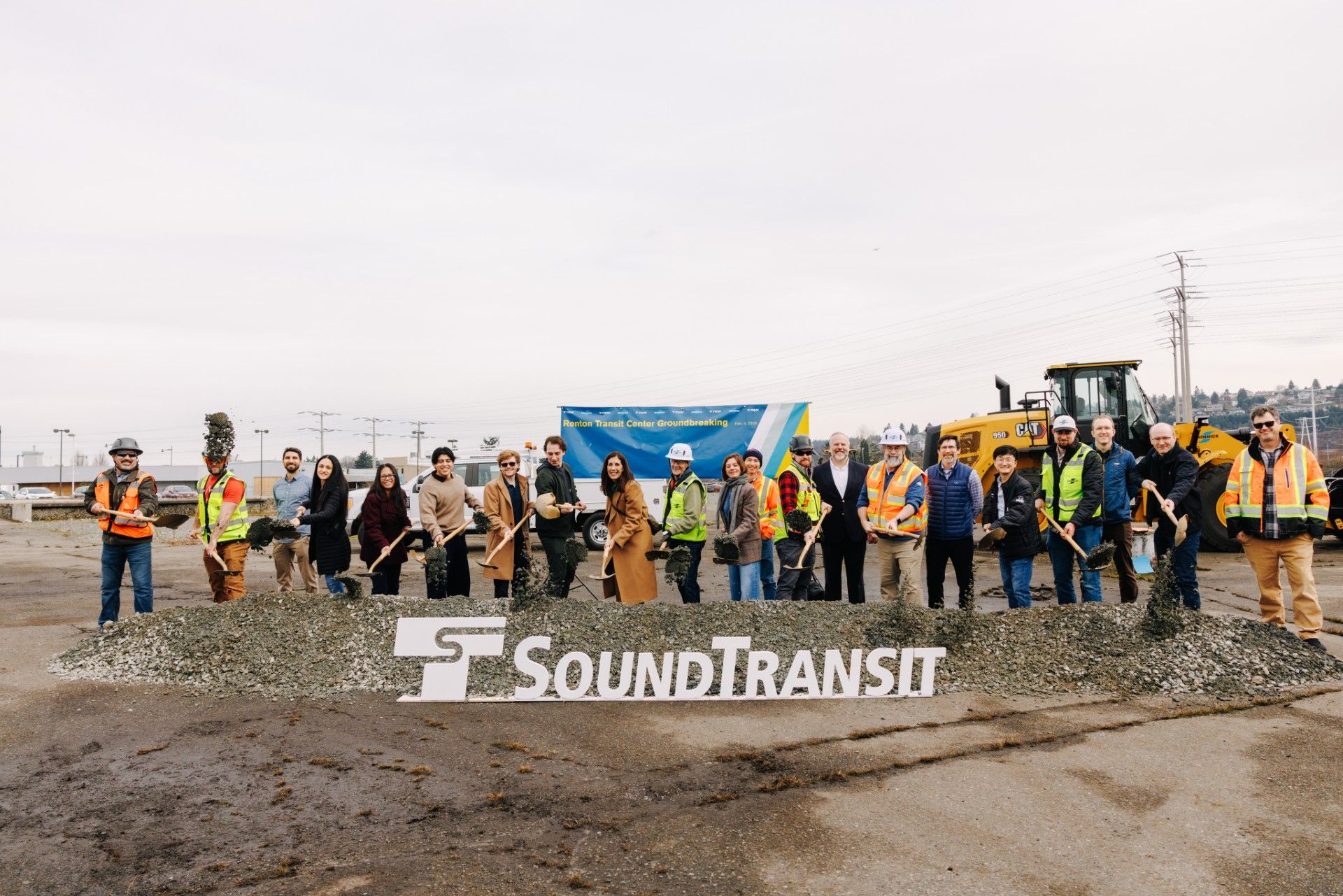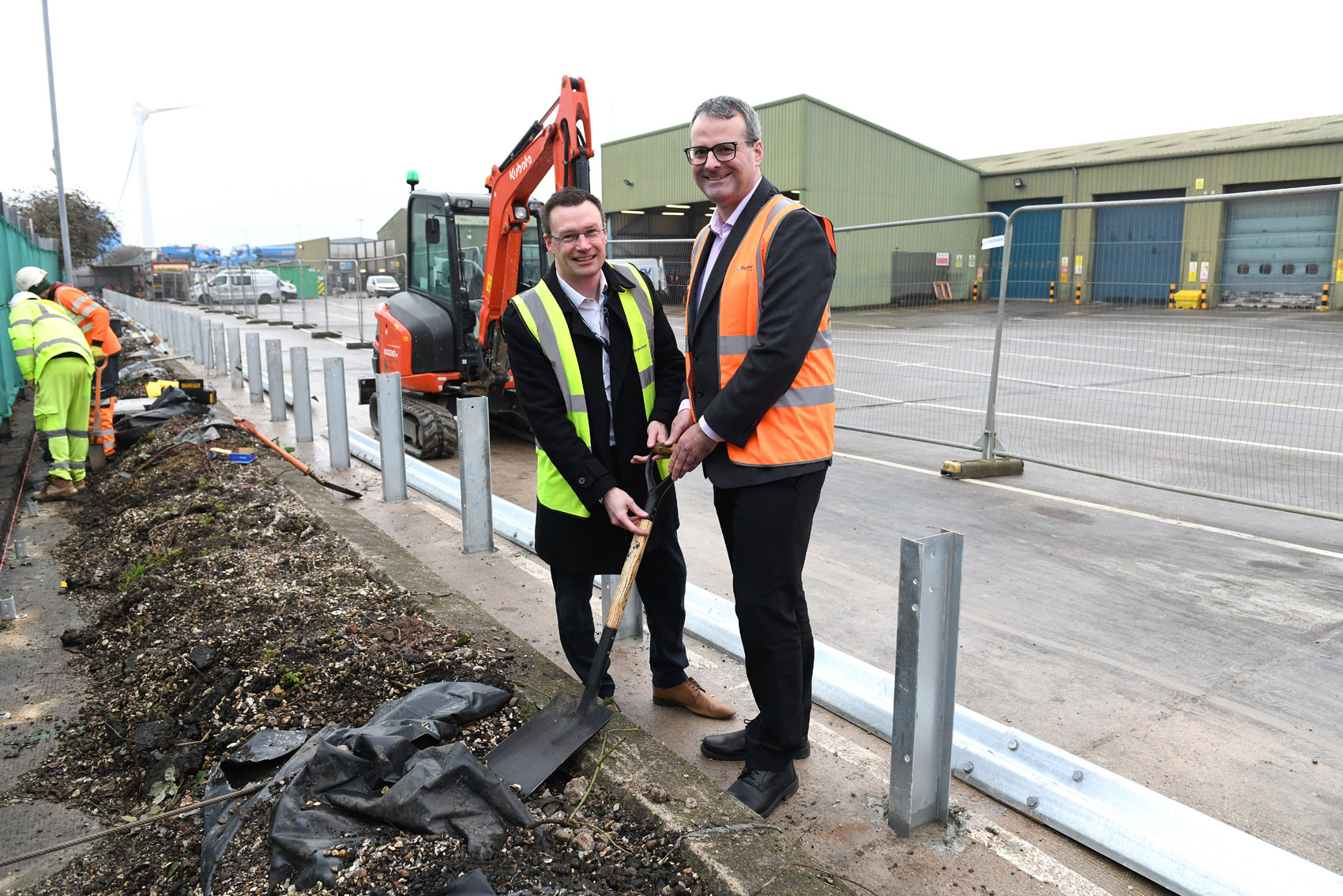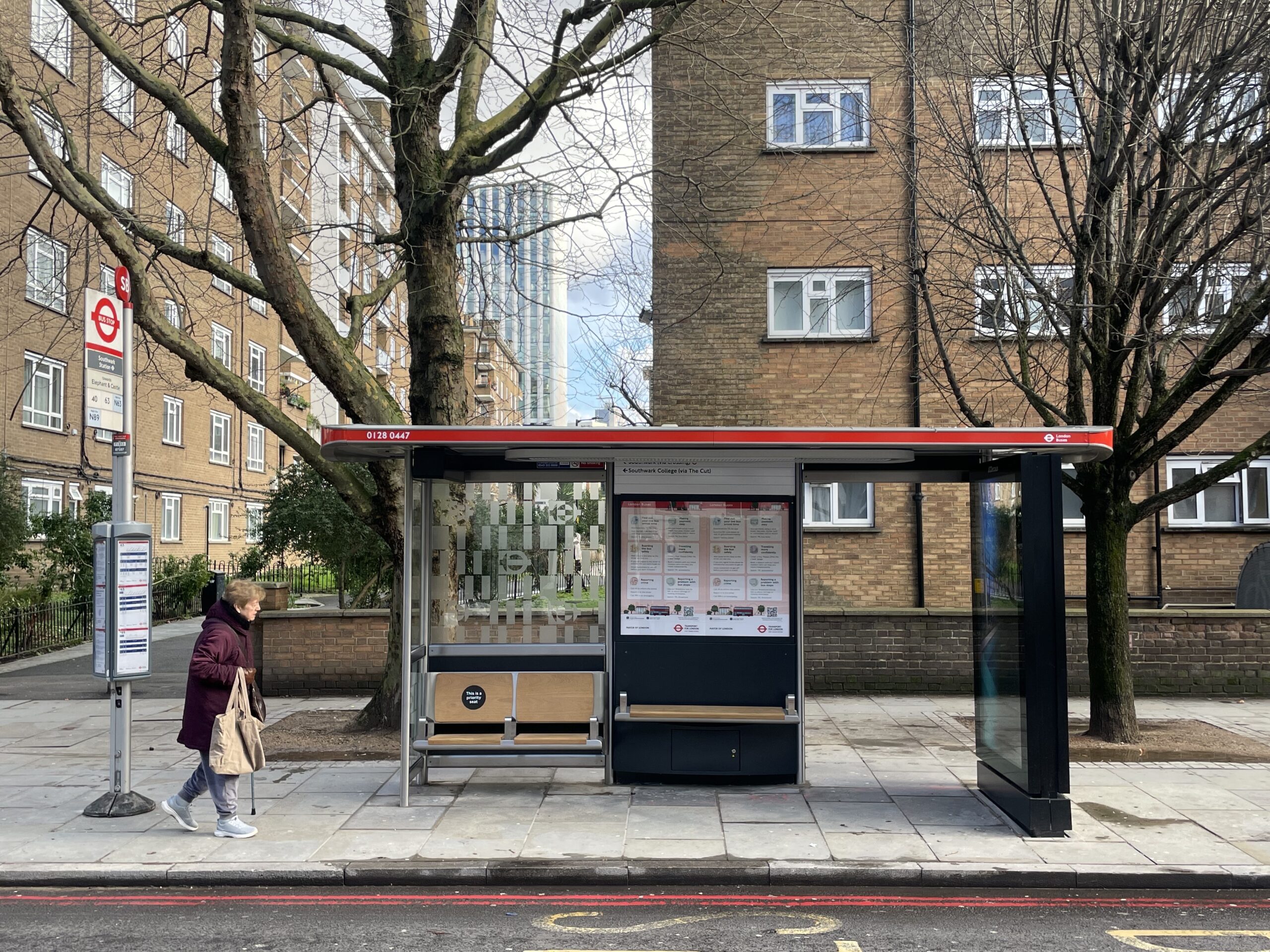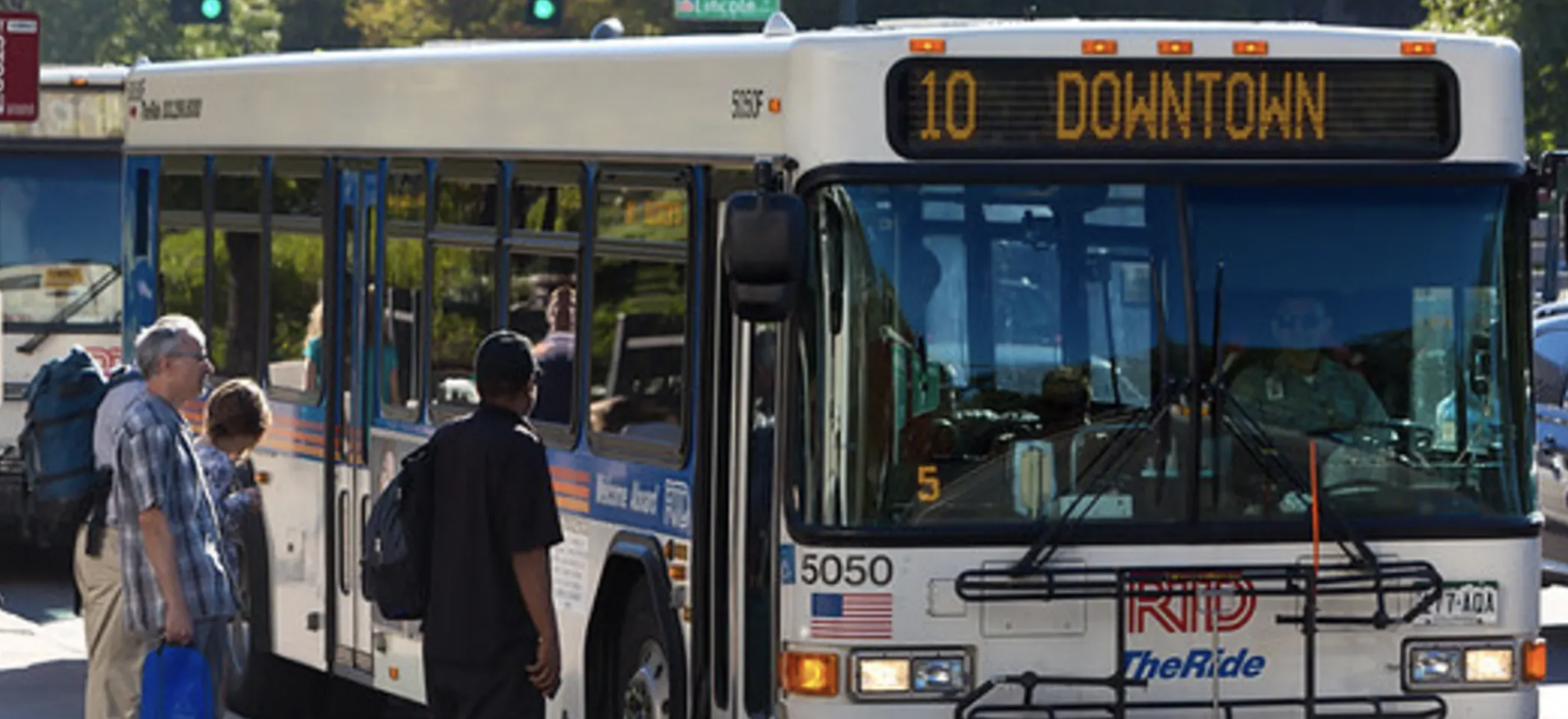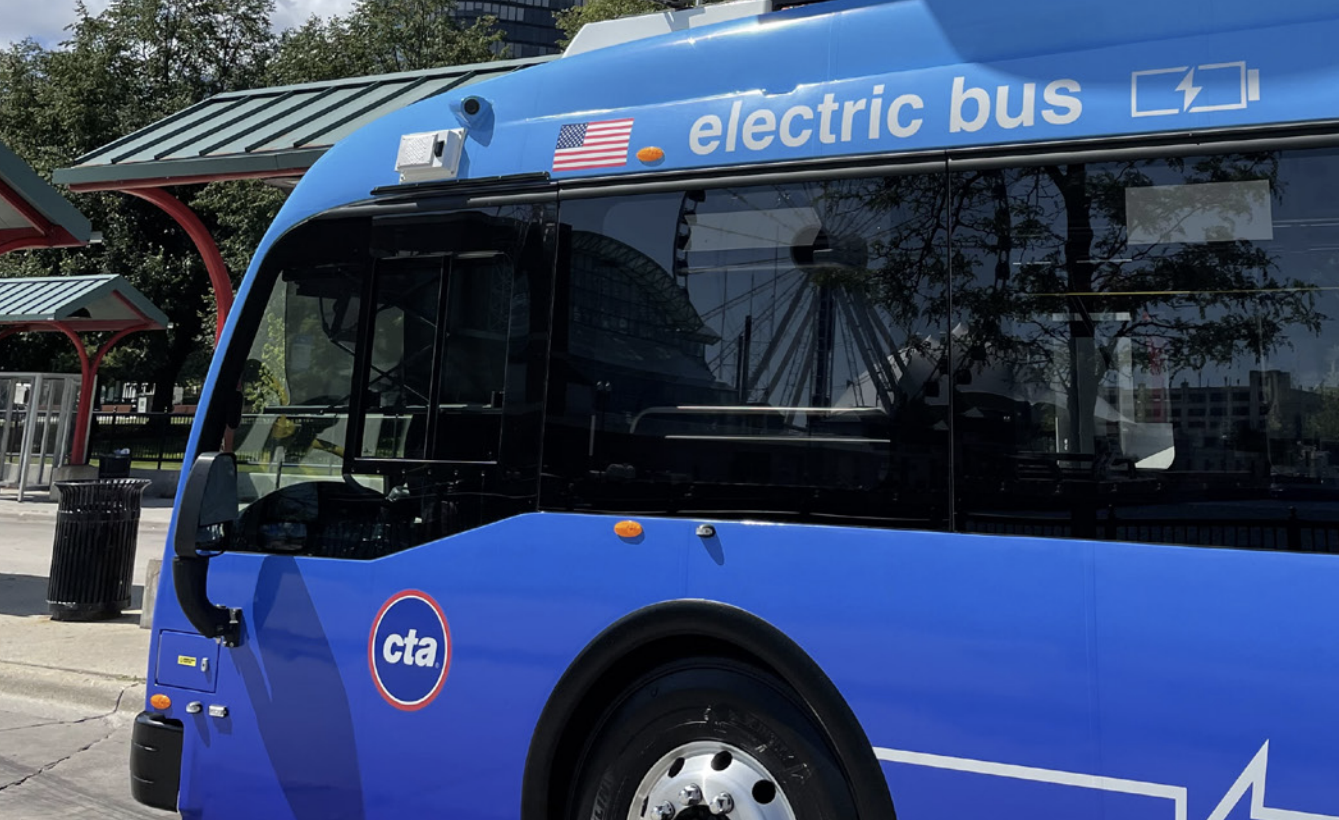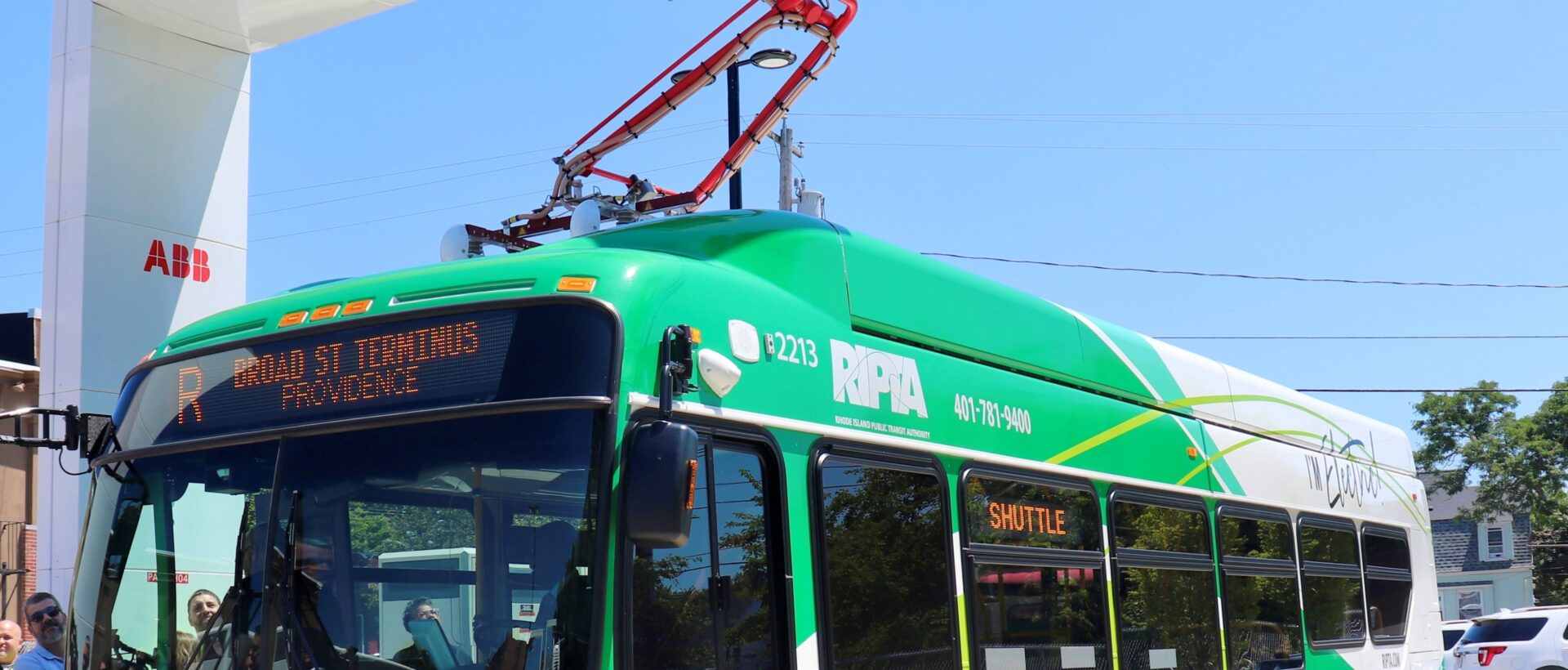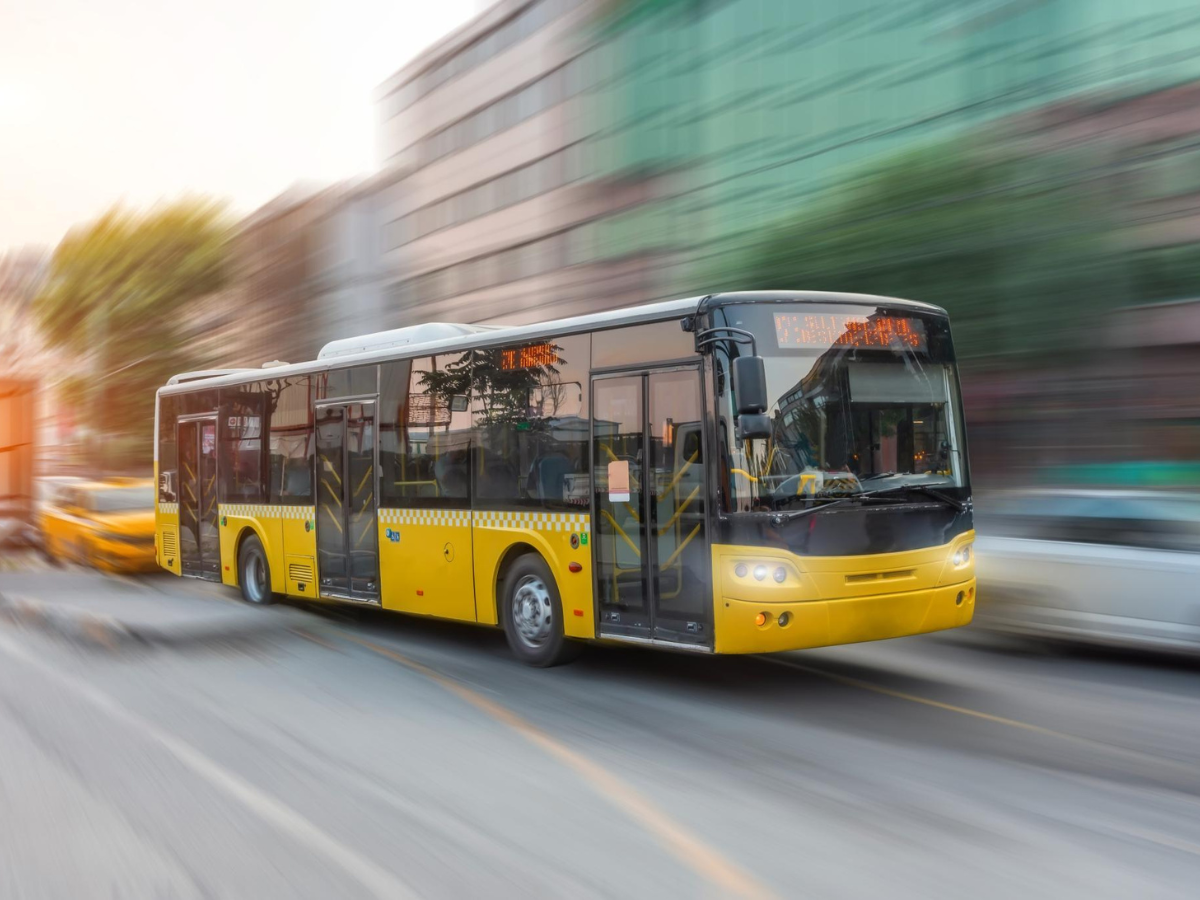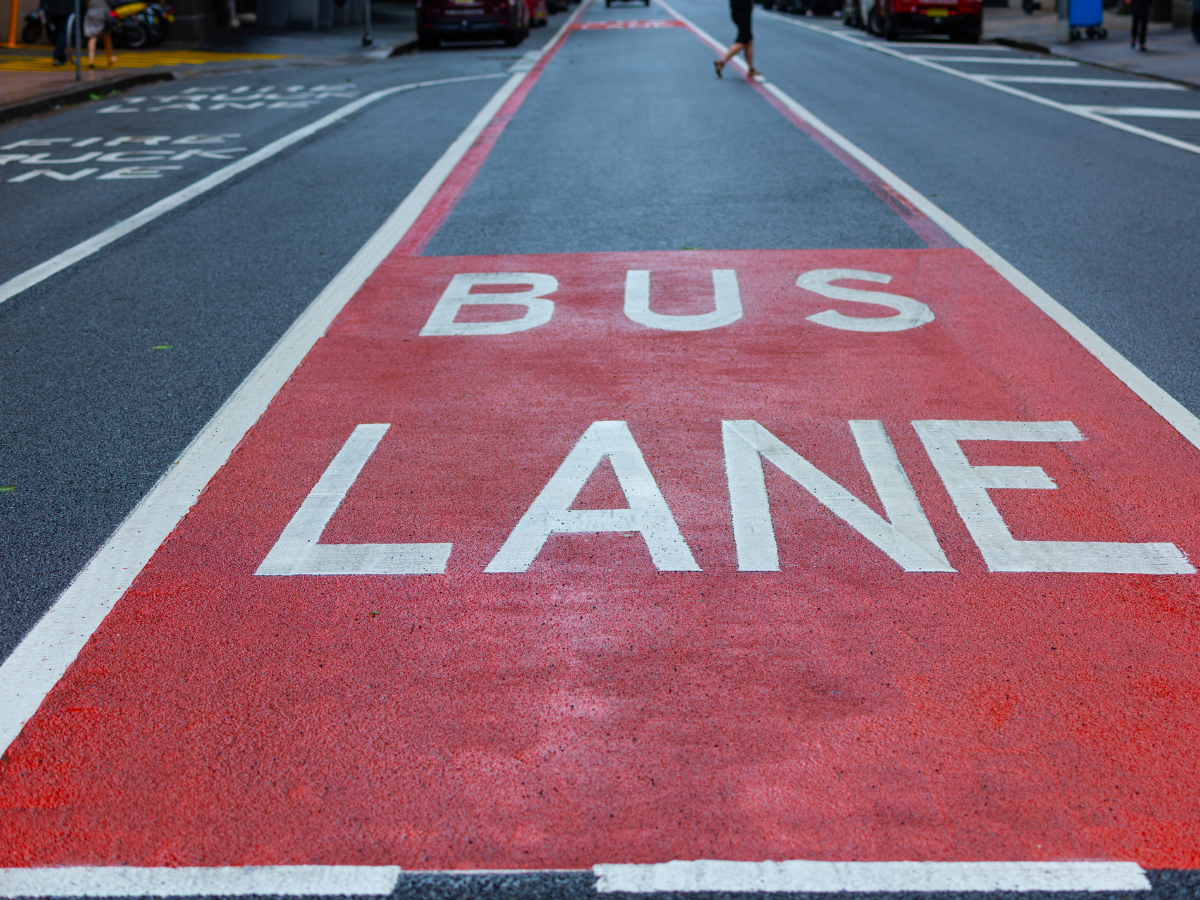In Indianapolis, IndyGo has commenced construction to install inductive charging stations at the Carson Transit Center.
This infrastructure will support the operation of the agency’s new Purple Line bus rapid transit (BRT) route, which is scheduled to launch this autumn.
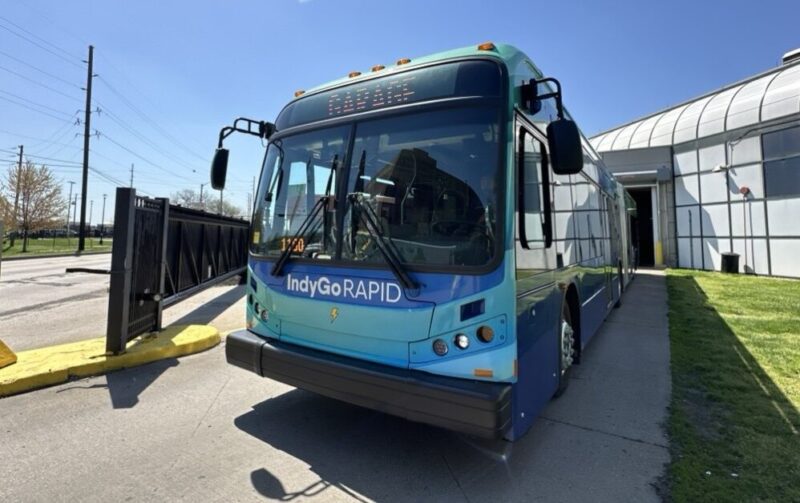
The inductive chargers will power the Purple Line’s battery electric buses, contributing to IndyGo’s commitment to reduce carbon emissions.
Through a wireless power transfer process, inductive charging enables electric buses to receive the power they need without service interruptions.
The process uses a wireless pad buried in the ground. When the bus is ready to be recharged, it simply drives over the pad and stops to activate the energy transfer.
As a result of the construction work, Bays D and E at the Carson Transit Center will remain closed until early September.











